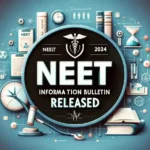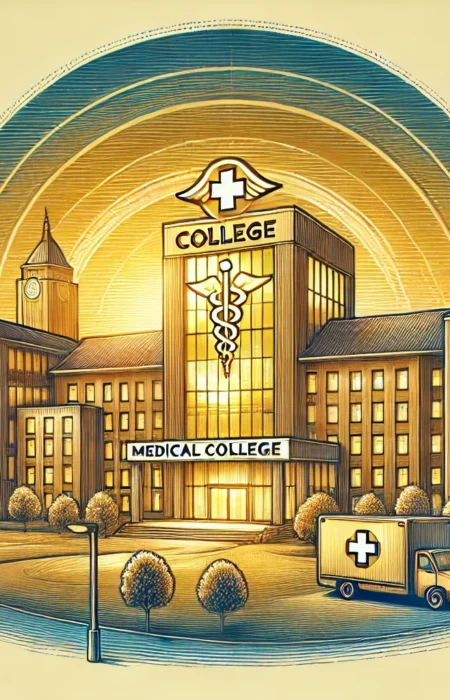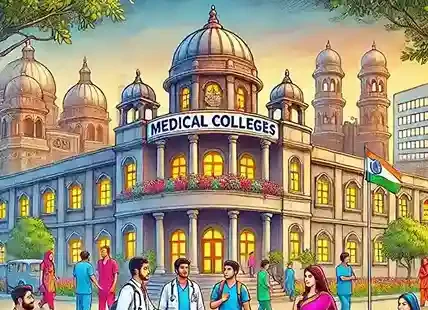10 tips to perform better in USMLE
Preparing to take the United States Medical Licensing Examination (USMLE) can be an intimidating challenge for US medical students and graduates, yet preparation can make all the difference.
Knowledge, skills and abilities across multiple subject areas will be assessed as you attempt to become eligible for residency and specialization; this requires hard work and smart strategies when taking this test.
Your journey doesn’t need to be alone! These tips will help enhance your study plan, reduce mistakes and boost confidence regardless of whether or not you are just beginning or midway through the course.
Understanding the Format
Researching USMLE exam methodology, questions, and topics to reduce anxiety and increase performance is an effective way to reduce performance anxiety and boost performance. As USMLE questions differ significantly from NEET PG and INICET questions, reading blogs or watching YouTube videos on this subject will provide invaluable insight.
| Exam Name | United States Medical Licensing Examination (USMLE) |
| Conducting Body | National Board of Medical Examiners (NBME) and the Federation of State Medical Boards (FSMB) |
| Exam Level | Postgraduate (PG) Exam at the International Level |
| Exam Mode | Computer-based Prometric exam |
| Courses Offered Through NEET UG | PG Courses and Specialisation in the United States- Residency |
| Exam Fees | Application Fees for Step 1- $985 Application Fees for Step 2 CK- $985 |
| Exam Duration | STEP 1- 280 MCQs on the 8-hour test, 7 blocks- 1 hour each STEP 2- 318 MCQs on the 9-hour test, 8 blocks- 1 hour each |
| Timing | Depends on the exam center and the time they give you |
| Total Marks | STEP 1- 300 marks STEP 2- 300 marks |
| Total Questions | STEP 1- 280 MCQs STEP 2- 318 MCQs |
| Marking Scheme | 1 mark for each question No negative marking |
| Exam Centres | Depends on the exam center and the time they give you. |
| Total Number of Seats | Different specialties have different numbers of seats for the IMGS. The top specialties in which IMG students match are- Internal Medicine, Family Medicine, Pathology, Paediatrics, etc |
| NEET Official Website | https://www.usmle.org |
Enjoy the journey, not the destination.
The USMLE exam is not simply a test; it’s an opportunity to expand your knowledge, develop your skills, and advance as a medical professional.
Instead of worrying about its results, enjoy the process of learning and preparing for it; appreciate each step, keep a positive outlook and appreciate every achievement as much as you can – you will far outdo most Indian Graduates regardless. USMLE requires an in-depth understanding of subjects; as you become immersed in learning and diagnosing more frequently you will see significant increases in clinical abilities!
Starting off, focus on taking one exam at a time: the USMLE Step One. Don’t compare yourself with others or let pressure build. Take it easy.

Start preparing early
It is important that once you decide to take the United Medical Licensing Examination (USMLE), preparation should commence quickly and as early as possible. Starting earlier will give more time for study and mastery of the material – something which could significantly boost academic performance in medical school as well as help build your CV and strengthen its content.
If your college senior has taken part in USMLE preparation, seek their advice and find a mentor who can clear up any confusion you have and explain the process to you.
If you don’t have seniors available to offer assistance, join USMLE groups on telegram to find resources at reduced costs or get help for problem-solving. A study partner, even virtual, is invaluable during exam prep.
Indian IMGs should begin their USMLE journey when taking STEP 1 of the exam in their third year.
The second timeline involves when to take and submit the STEP 1 exam after or during your internship. Starting early gives you more time and flexibility when selecting an ideal timeline that meets your requirements.
Focus on Active Learning
Engage in active learning strategies like study groups, flashcards, and imparting knowledge to others for increased comprehension and retention of material. Use resources with mnemonics like Sketchy and Pixorise that present information through visual mnemonics; these are particularly helpful if you are a visual learner. They stick better in my memory than any other resource!
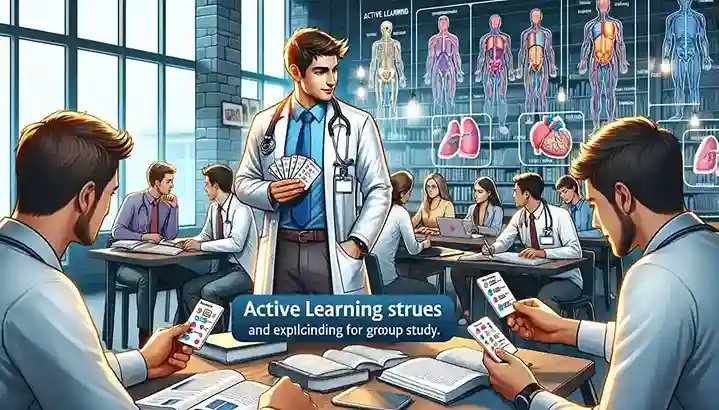
Use High-Quality Resources
Investment in reliable study materials such as First Aid for the USMLE Step 1, UWorld question bank and Pathoma is highly advised by numerous successful examinees.
STEP 1 and STEP 2 exam candidates can easily find resources online or via Telegram channels at relatively inexpensive costs, with question banks being especially useful when taking exams such as University Professional/ Final Exams (UPE), NEET PG Exam, PLAB Examination or USMLE Examination.
| UWorld | 3 months | $439 |
| Boards and Beyond (BnB) | 2 years | $399 |
| SketchyMedical | 6 months | $299 |
| Pathoma Videos | 3 months | $85 |
| USMLE NBME Practice Exams | 3-4 tests required | each at $60 totalling $240 |
The resources for the STEP 2 USMLE Exam are:
| UWorld | 3 months | $439 |
| Boards and Beyond (BnB) | 2 years | $399 |
| Picmonic | 12 months | $135 |
| Kaplan Videos | 3 months | $1499 |
| USMLE NBME Practice Exams | 3-4 tests required | each at $60 totalling $240 |
Build a good rapport with your USMLE colleagues.
Search out mentors at college – seniors who have already been on the USMLE journey who can provide invaluable guidance in connecting you to residency program heads and offering important advice throughout your preparations for taking the exam.
As part of your electives preparations, it is also vital that you form and have positive relationships with other USMLE exam takers. They can serve as invaluable sources for resources as well as potential colleagues at future workplaces.
Nurturing relationships is always helpful and maintaining positive relations with USMLE colleagues can provide you benefits throughout your career. Showing kindness, helpfulness, and support will create long-lasting bonds that will support you throughout your studies and professional goals.
Impressing your USMLE programme directors when doing electives- A MUST.

Take each exam seriously
USMLE exams must be treated seriously as they only present one opportunity. Your results could have long-term consequences for your medical career; any failure could set it back significantly.
Before taking one of them, ensure you’ve prepared fully; any mistakes could set back progress considerably! Failing even one step sets you back! If you fail in any Steps, your chances of matching into residency are significantly reduced. It reflects really bad on your CV and you may not even land alot of interviews.
If you fail in USMLE step 1 exam, you cannot retake it for 7 years.

Hobbies and extracurricular activities
This helps set yourself apart from other candidates and distinguishes the NEET PG exam from USMLE.
US Postgraduate Medical Entry requirements necessitate being an all-rounded individual, rather than being solely focused on taking exams.
They seek people who excel at multitasking rather than only being good at taking tests.
Your hobbies and extracurricular activities reveal much about who you are as a person, so not only the scores matter but also your character as an individual.
However, don’t lie – instead be open and honest when discussing your hobbies.
Research, clinical trials, updates, and collaboration with your colleagues can give your career an extra boost.
Put yourself forward as an all-rounded candidate by emphasizing your involvement in volunteering, research and hobbies outside medicine that reflect your genuine interests and showcase who you are as an individual.
Believe us, these things matter.

Timeline of Exam
For optimal results, it is recommended that you take Step 1 during your third year of medical school and Step 2 CK during your internship.
Step 1 covers many preclinical subjects like biochemistry and microbiology which you will have been learning during preclinical years.
Step 2 CK tests the clinical knowledge and skills you will acquire during your rotations and internship. Taking these exams at the appropriate time will help you prepare better and score higher. Read our blog on the USMLE timeline to understand better here.
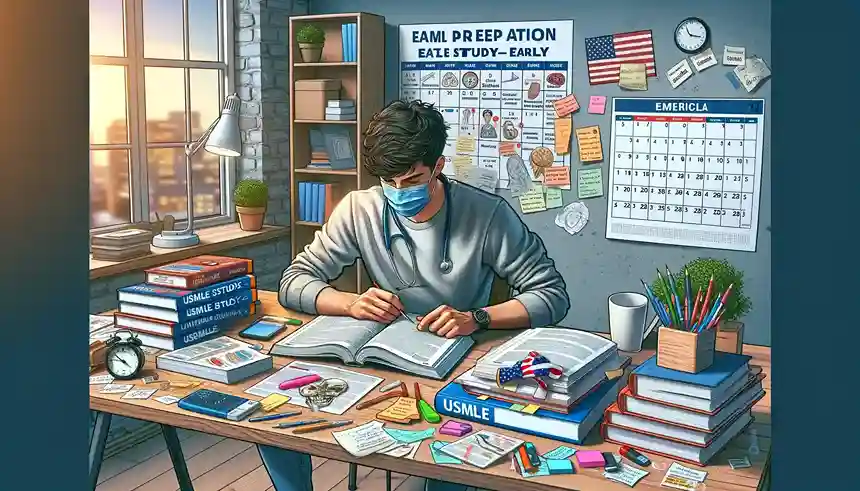
Applying for Electives
Start planning early in your internship to benefit from electives that provide valuable clinical experience and familiarize you with US healthcare system.
They help develop knowledge about American health system while simultaneously giving you experience needed to secure admission to an excellent residency.
Electives are designed for medical students who have yet to graduate and require clinical practice under supervision. I
f electives don’t suit your schedule, don’t worry: alternative arrangements may be made.
After graduation, externships can still prove useful. Similar to electives, externships provide recent graduates who require employment with suitable employers a way to gain relevant work experience. Some renowned institutions like Mayo Clinic offer externship opportunities; however, these positions tend to be rarer and more competitive than electives.
Observerships offer the last alternative; however, they are the least desirable of all three options. An observership rotation allows one to simply observe or shadow doctors without direct patient contact and requires no clinical experience or letters of recommendation for entry.
As such, electives, externships and observer ships represent the optimal path for US medical system exposure.

Before you Apply for Residency
Before applying to residency programs, ensure you prioritize clinical experience , LOR’s (i.e. electives and research projects), research skills development, and passing the first 2 Step exams as these are among the primary criteria used by program directors when selecting candidates for selection.
However, Step 3 can significantly increase your odds of matching, particularly if your scores were low on Steps 1-2 CK.
Program directors place great value in effective communication skills. You must learn to speak in an American accent fluently – mastery will ensure success during interviews and impress examiners alike.
Speaking slowly and clearly is also recommended as our accent differs significantly from that used by Americans; many applicants miss residency spots due to miscommunication during interviews.
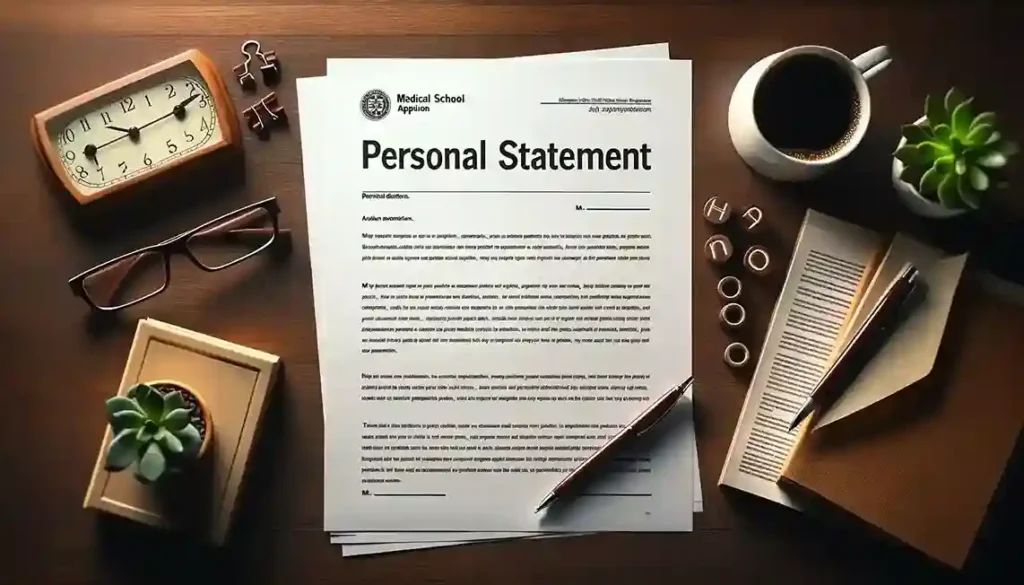
CV and Personal Statement.
Apply with an exceptional CV and personal statement to enhance the application process.
When writing about your specialty area, ensure your vocabulary is relevant and consistent in its writing headings; make sure your strength and achievements stand out through words alone; practice writing your statement regularly as this can improve its expression and language usage in it.
Personal and sincere statements should match the tone and goals of the program to which you are applying.
Although you don’t need to be the best speaker or writer, but rather demonstrate effective and persuasive communication – view videos on YouTube to demonstrate this ability.

